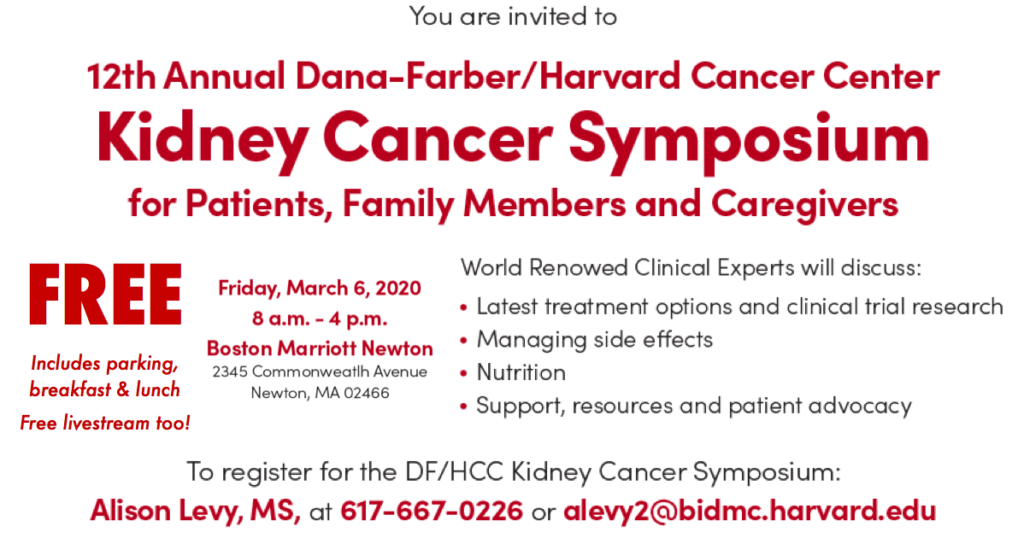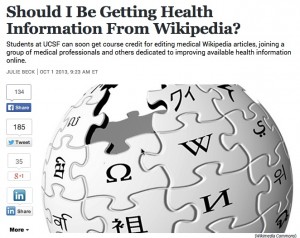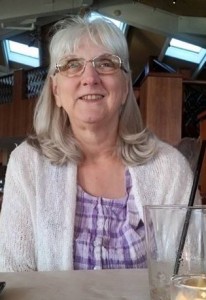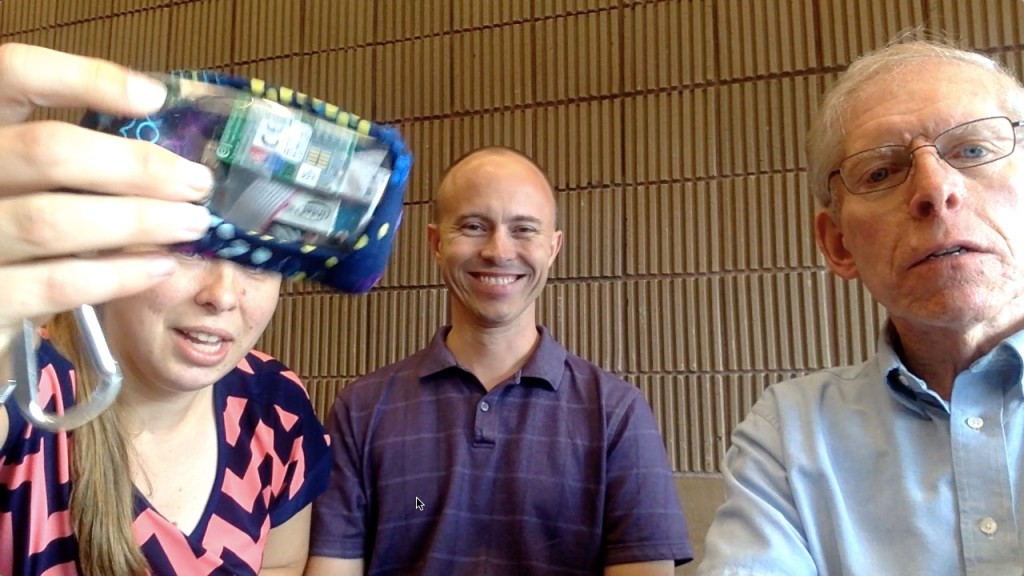Summary: This post contains advice from the CDC (Centers for Disease Control & Prevention), the most credible source I know, for people who can’t yet get the care we’d normally get from our healthcare system. Most predictions say there will be a lot of us in that situation soon if the system gets overwhelmed, and it’s always best to become informed before a crisis hits and you’re stressed.
A friend in the industry wrote this morning:
[Read more…]“I just talked to my daughter and she has fever and coughing and is very weak and nauseated and she can’t find anybody to test her. The labs said she has to have an order first. Her boyfriend works at [a chain store] and they had him working until recently. He came down with the symptoms first. I told her to call around to doctors until she can find one that’ll write an order for her.”






